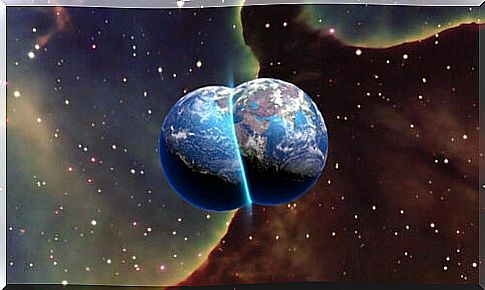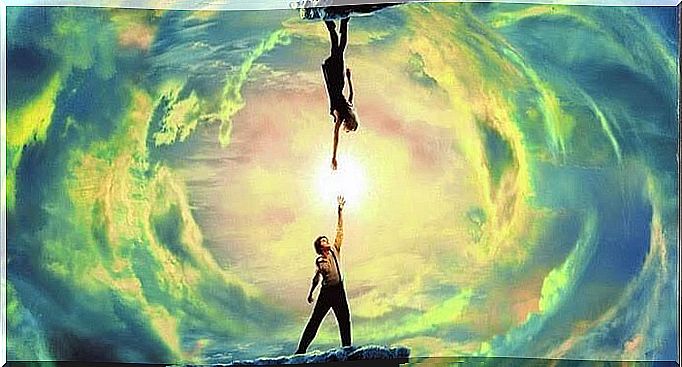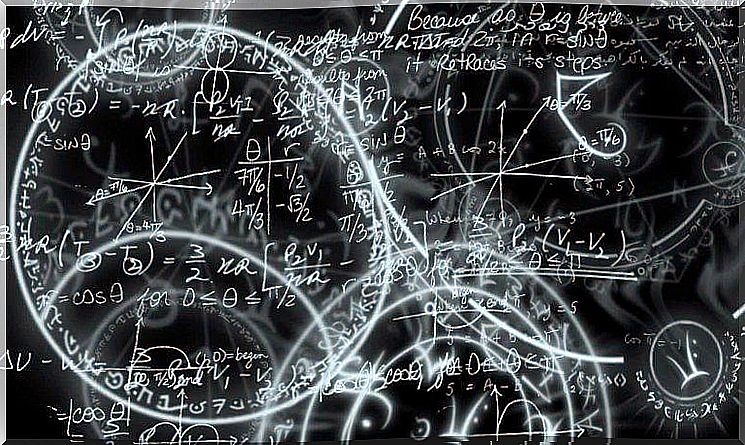3 Interesting Ideas About The Hypothesis Of Parallel Universes

Almost everyone has heard of the impressive hypothesis of parallel universes. Although the idea belongs to the world of physics, its ideas and implications are so broad that they overlap with almost all other disciplines.
When discussing the hypothesis of parallel universes, the discussion can even turn to the very meaning of life. This is because the hypothesis of parallel universes calls into question our basic assumptions about life and death.
The hypothesis of parallel universes is a unique combination of the theory of relativity and quantum physics. Said in the simplest possible way, the idea is that there is not just one universe, but several universes that exist simultaneously, in the same space and time. There are many interesting ideas on the subject. Let’s take a closer look at 3 of them.
1 – Everyone has an infinite number of lives
According to the hypothesis of parallel universes, a person’s existence can develop in infinite ways. Just like in a “choose your own adventure” story, you will experience a certain set of experiences if you turn right at a given intersection. If you turn left, it will lead to a completely new set of experiences and each choice creates a new universe.
According to the hypothesis, we all live an infinite number of simultaneous lives. One and the same person can be rich in one universe and a beggar in another. They may even die in some universes, while staying alive in others.

Oddly enough, death does not exist in the hypothesis of parallel universes. If someone dies in one universe, they are still alive in many others. If there are an infinite number of universes, life is also infinite. This is perhaps one of the most disturbing implications of the hypothesis.
2 – Parallel universes are not possible to sense
Some physicists believe that we are not able to sense parallel universes, simply because of our limited senses. We have only 5 of them and are unable to use any of them to discover alternative realities.
Our human senses allow us to act in 3 dimensions. But according to the hypothesis of parallel universes, there are many more dimensions. We simply do not have the ability to perceive or discover these other dimensions.
It has also been theorized that alternative universes may have completely different physical laws. For example, gravity or electromagnetism may work differently. Therefore, our understanding of the world may be useless or irrelevant in such circumstances. Therefore, it is basically impossible for us to discover parallel universes.
3 – Parallel universes never interact
Just as the name indicates, parallel universes exist in parallel. Like parallel lines, they never intersect, even though they both exist at the same time. It has been suggested that a collision between two parallel universes could have caused something like the Big Bang. Which would lead to an immensely powerful explosion that would create even more universes.
Some physicists worked together to create the M theory, which proposes that the universe exists in three-dimensional membranes called branches. To give an example of this, imagine a movie theater. Even though the cinema-goer is in a three-dimensional world, it seems as if the film she is watching is in a two-dimensional reality. If she had been able to enter the film, she would have been in a three-dimensional reality, but the others in the cinema would continue to see the film as a two-dimensional reality.

According to the M theory, the universe is like the movie theater, with a huge variety of projections. Different movies are shown at the same time, but they are completely independent of each other. If one follows this way of thinking, a multiverse is a group of coexisting but independent universes.
The description we have presented here about parallel universes is obviously a very elementary and basic explanation. It is a very complex hypothesis, which many people consider closer to science fiction than reality. But having said that, many important, current physicists have dedicated many years to studying it. Among them was Stephen Hawking, who was working on the hypothesis when he died suddenly. At least in this universe.









